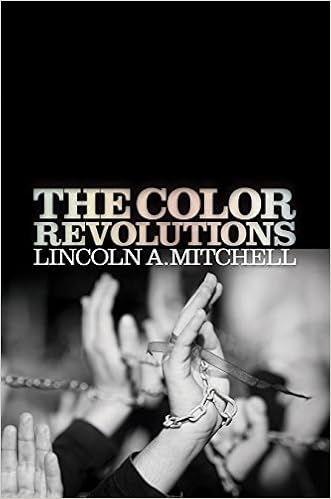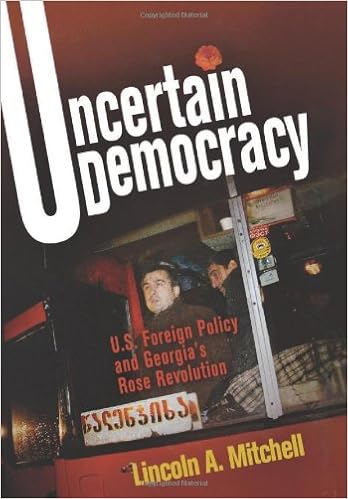Authors, Alexander Cooley and Lincoln Mitchell, propose an approach called ‘‘engagement without recognition’’ for Western policy toward Abkhazia to challenge the territory’s international isolation and monopolization of influence by Russia 다운로드. According to this strategy, Abkhazia would be given the opportunity to engage with the West on a number of political, economic, social, and cultural issues for the purpose of lessening Russia’s influence 최신 음악 다운로드. While undertaking this strategy, the West must make it clear that Abkhazia’s status as an independent state will never be accepted by either the United States or the EU 아이나비 맵 데이터 다운로드. By separating the international legal dimensions of sovereignty (the question of non-recognition) from its governance aspects, the West can attempt to gain some needed strategic leverage over Abkhazia, which it currently lacks 각시탈 게임.
Cooley, A., & Mitchell, L. A. (2010). Engagement without Recognition: A New Strategy toward Abkhazia and Eurasia’s Unrecognized States 다운로드. The Washington Quarterly, 33(4), 59-73.

 The South Caucasus has traditionally been a playground of contesting empires
The South Caucasus has traditionally been a playground of contesting empires  From late 2003 through mid-2005, a series of peaceful street protests toppled corrupt and undemocratic regimes in Georgia, Ukraine, and Kyrgyzstan and ushered in the election of new presidents in all three nations
From late 2003 through mid-2005, a series of peaceful street protests toppled corrupt and undemocratic regimes in Georgia, Ukraine, and Kyrgyzstan and ushered in the election of new presidents in all three nations  In November of 2003, a stolen election in the former Soviet republic of Georgia led to protests and the eventual resignation of President Eduard Shevardnadze
In November of 2003, a stolen election in the former Soviet republic of Georgia led to protests and the eventual resignation of President Eduard Shevardnadze